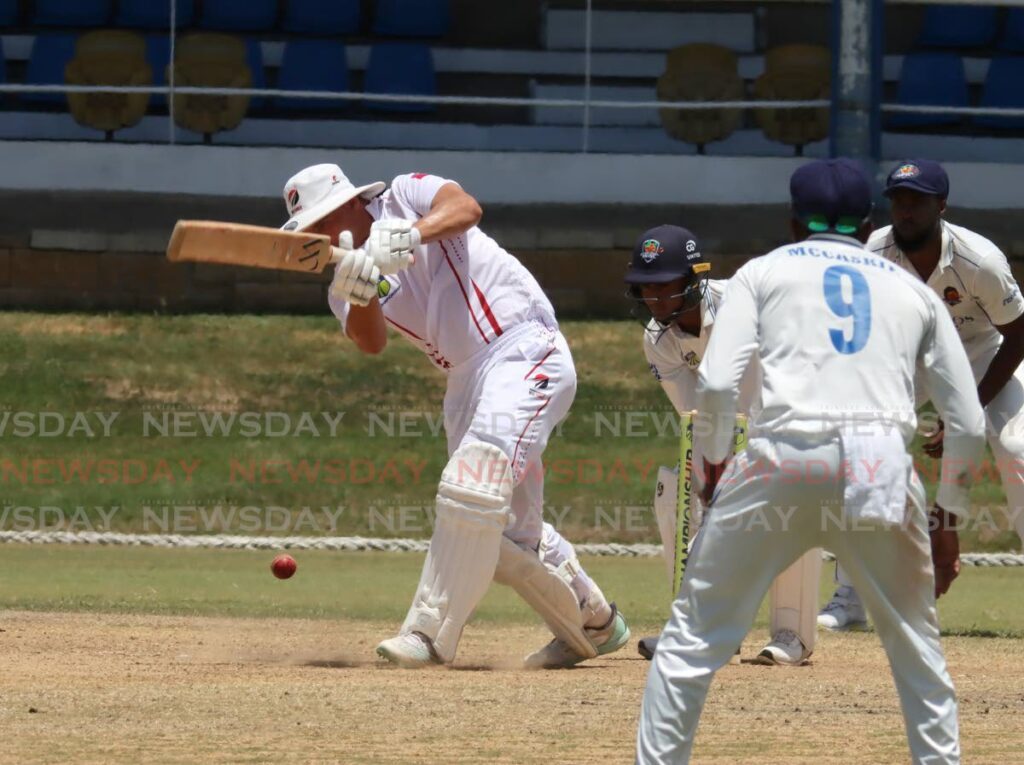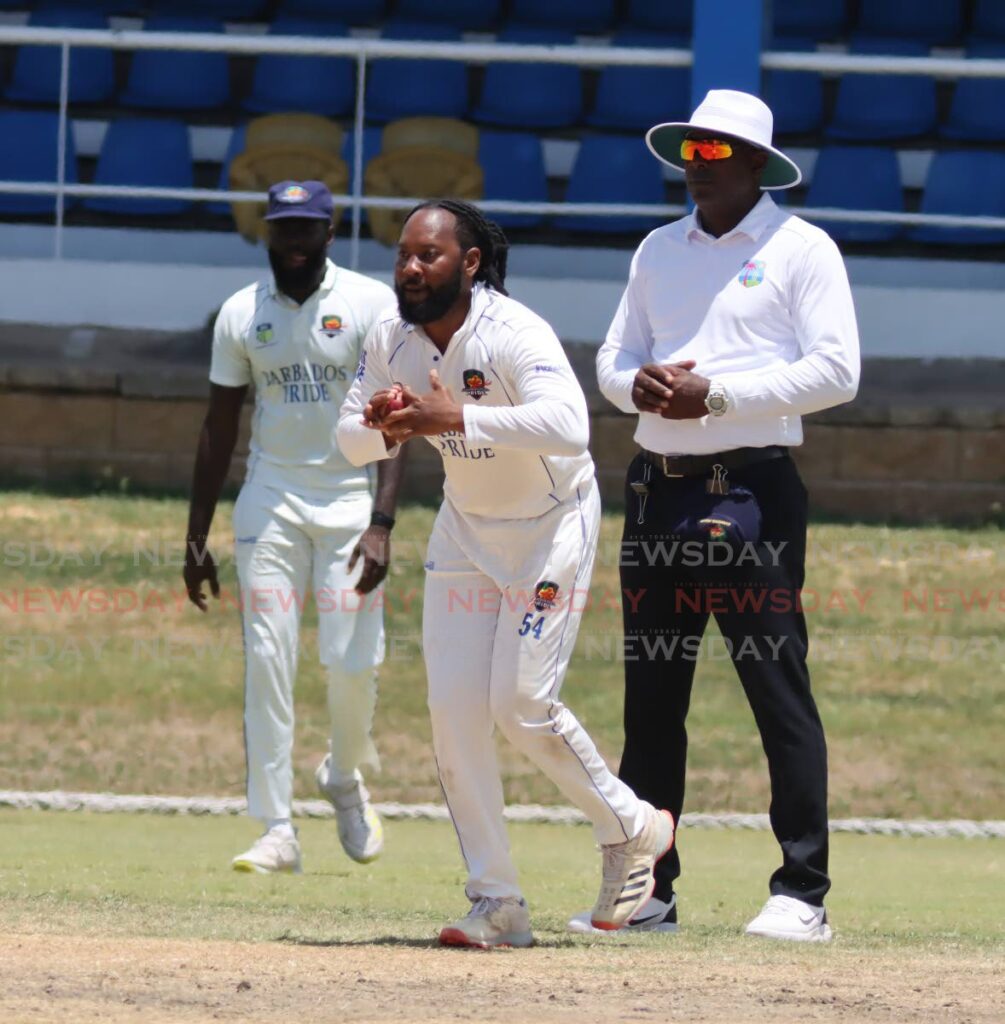More cricket, more confidence

Cricket West Indies (CWI) has its job to do, and it’s a tough one, especially if one is not sure what is to be done or where to start.
Of course, finance is always the bugbear. The irony, of course, is, to raise the necessary money to develop and improve any sport, the investment must be worth the time of the investor, whether it is the government, big business or any form of fundraisers that cricket administrations can come up with.
What is truly worrisome is the functioning of West Indies cricket over the years. The performance of its cricketers at the highest level comes and goes like a passing cloud.
And why is that? It seems to me that the management of CWI did not have the necessary acumen to ensure the advancement of the game as time drifted on.
From the years of invincibility that ended 30 years ago this year, WI cricket has suffered more downs than ups, through bad management, poor cricket leadership and the attitude it spawns both on and off the field. The capability of the players suffered from these drawbacks.
Players who came into the team in the late 1990s gradually came to believe that it was a rite of passage for WI to win – without realising that they were the ones who had to do it! They thought they only had to appear on the field, and victory was theirs.

The long hours of practice and fitness training of the past were ignored. The new players didn’t understand they had inherited the crown of champions which previous cricketers had earned.
There are many examples to identify how it started. Arrogance, selfishness and false pride enveloped WI teams wherever they played, and it showed in their lack of commitment.
They didn’t understand that, going downhill, one plunges far more quickly than climbing up the slope. The tremendously successful unbeaten run of 15 years, between 1980 and 1995, was followed by delusions of grandeur, in administrators and some cricketers. So leadership qualities suffered.
The product that one is seeking to improve is the performance on the field of play. To improve, the cricketer has to be involved in more cricket.
The three top cricket sides in the world are England, Australia and India. They are the only teams that participate in five-match Test series among themselves.
Does anyone think this is an accident? This is a plan for the improvement and regular development of their cricket teams. The more they challenge each other in Test matches, the better they become.
Then what follows are the tremendous crowds that support their teams, at home and away.
Australia has just completed a victorious Test rubber against India, and the crowds were unbelievable. The cricket was tough and slow at times, but the crowd appreciated the dictates of the game and the reasons why both teams were fighting for superiority. In other words, they appreciated the game of Test cricket.
Regular first-class competition, with motivational inducements to influence players as a reward for their accomplishments, would be an asset. It must be understood by all concerned that the fitness experts and coaches are working to bring out the best of the individual player’s ability so that he can perform at his highest capacity.

The WI, with their smaller populations and economies, have to do even better to attract sponsorship.
The first matter to address is to increase first-class cricket among the six first-class territories in home and away matches. First-class cricket improves the skill of the player.
This is so because the bowler has to bowl longer spells, and therefore will exploit tactics, which lends itself to thinking.
The batsman has to strengthen his defence in order to spend more time at the wicket by building his score as the game progresses. His skillset has to improve, to mix defence with attack as the game changes, to counteract the bowlers. It therefore becomes tougher mentally, which would help him to adjust to the various situations he may encounter in an innings.
The batsman and the bowler – and the fieldsmen as well – would be able to adjust their game to combat their challenges and make them better cricketers.
Of course, to be successful, good coaches are necessary, especially those who believe in lengthy, daily practice sessions. The competition among teams would be fierce – and nothing improves the cricketer more than hardened, sturdy rivalry in regular first-class action.
More cricket, more confidence!!

Comments
"More cricket, more confidence"